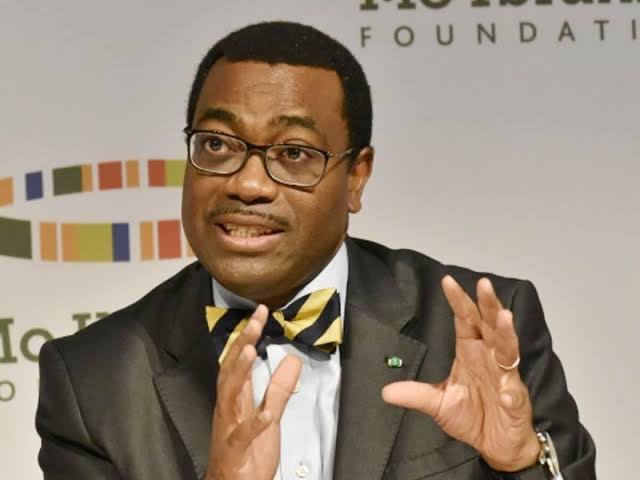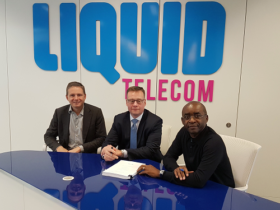Africa’s immense economic potential is being undermined by non-transparent resource-backed loans that complicate debt resolution and compromise countries’ future growth, African Development Bank (AfDB) President Dr Akinwumi Adesina has said.
Adesina, speaking at the Semafor Africa Summit held on the sidelines of the International Monetary Fund and World Bank 2024 Spring Meetings, highlighted the challenges posed by Africa’s ballooning external debt, which reached $824 billion in 2021, with countries dedicating 65 percent of their GDP to servicing these obligations.
He noted that the continent would pay $74 billion in debt service payments this year alone, a sharp increase from $17 billion in 2010. Adesina emphasized the need for debt transparency and accountability to address the complexities arising from opaque natural resource-backed loans.
Acknowledging the fiscal pressures faced by African nations due to the Covid-19 pandemic, infrastructure needs, and rising inflation, Adesina called for structural reforms in Africa’s debt landscape.
He pointed out the shift from concessional financing to more expensive and short-term commercial debt, with Eurobond debt now accounting for 44 percent of Africa’s total debt, up from 14-17 percent previously.
Adesina criticized the “Africa premium” that countries pay when accessing capital markets, despite data showing that Africa’s default rates are lower than those of other regions. He urged an end to this risk perception, which leads to higher borrowing costs for African nations.
The AfDB head stressed the importance of establishing an orderly and predictable way of dealing with Africa’s debt, calling for faster implementation of the G20 Common Framework and increased concessional financing, particularly for low-income countries.
He highlighted the African Development Fund (AfDB’s concessional lending arm to low-income countries) as a crucial source of long-term financing at low interest rates for the 37 most vulnerable countries.
Adesina discussed various instruments and initiatives employed by the African Development Bank to de-risk projects and attract institutional investors, such as partial credit guarantees, hybrid capital, and synthetic securitization.
Looking ahead, Adesina expressed optimism about opportunities in Africa, particularly in renewable energy, given the continent’s vast solar potential. He also highlighted the Africa Investment Forum, a platform created by the AfDB and its partners, that brings together investors from around the world to facilitate large-scale investments in key sectors like infrastructure, digital, and renewable energy.
Source: TheExchange.africa



















Leave a Reply